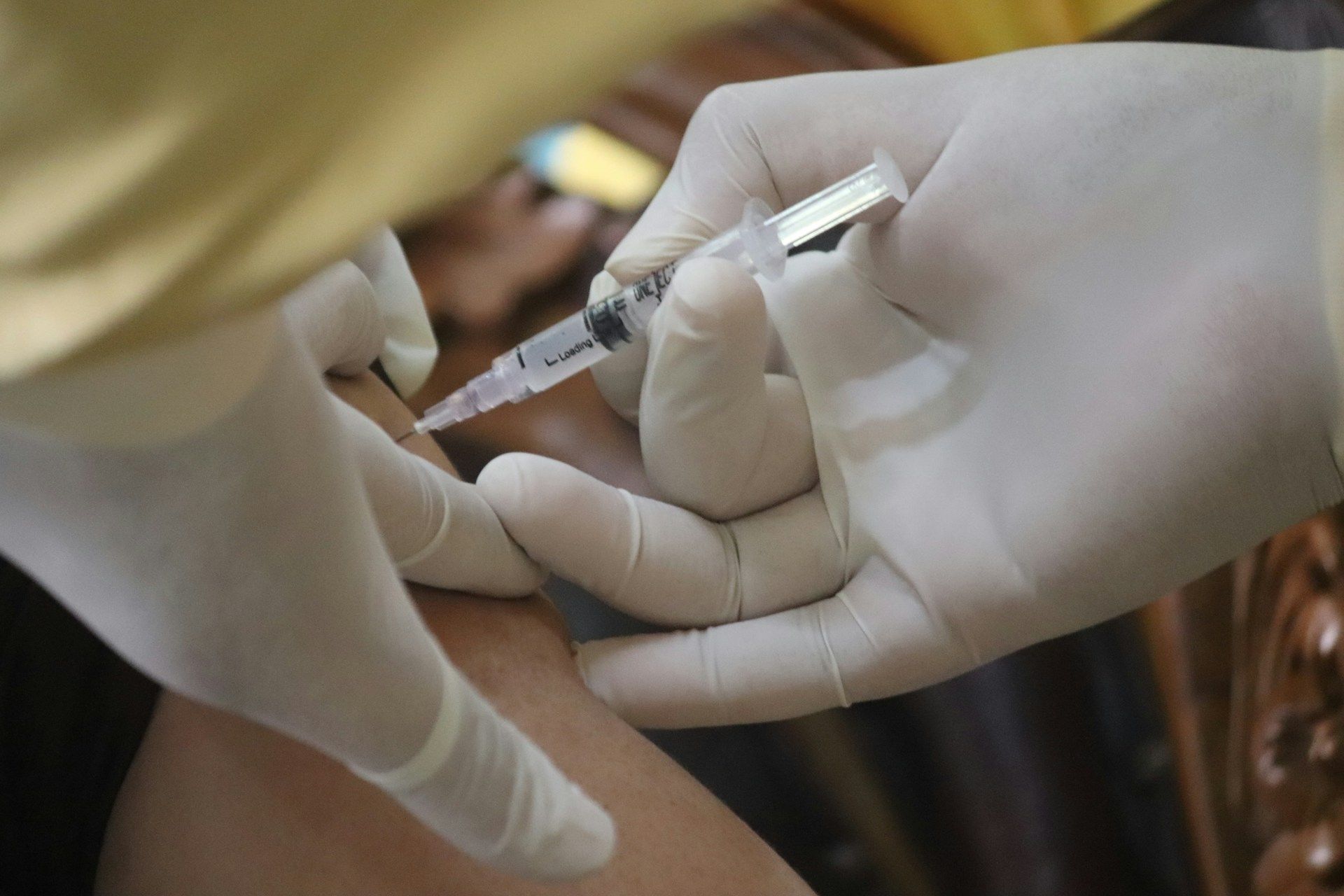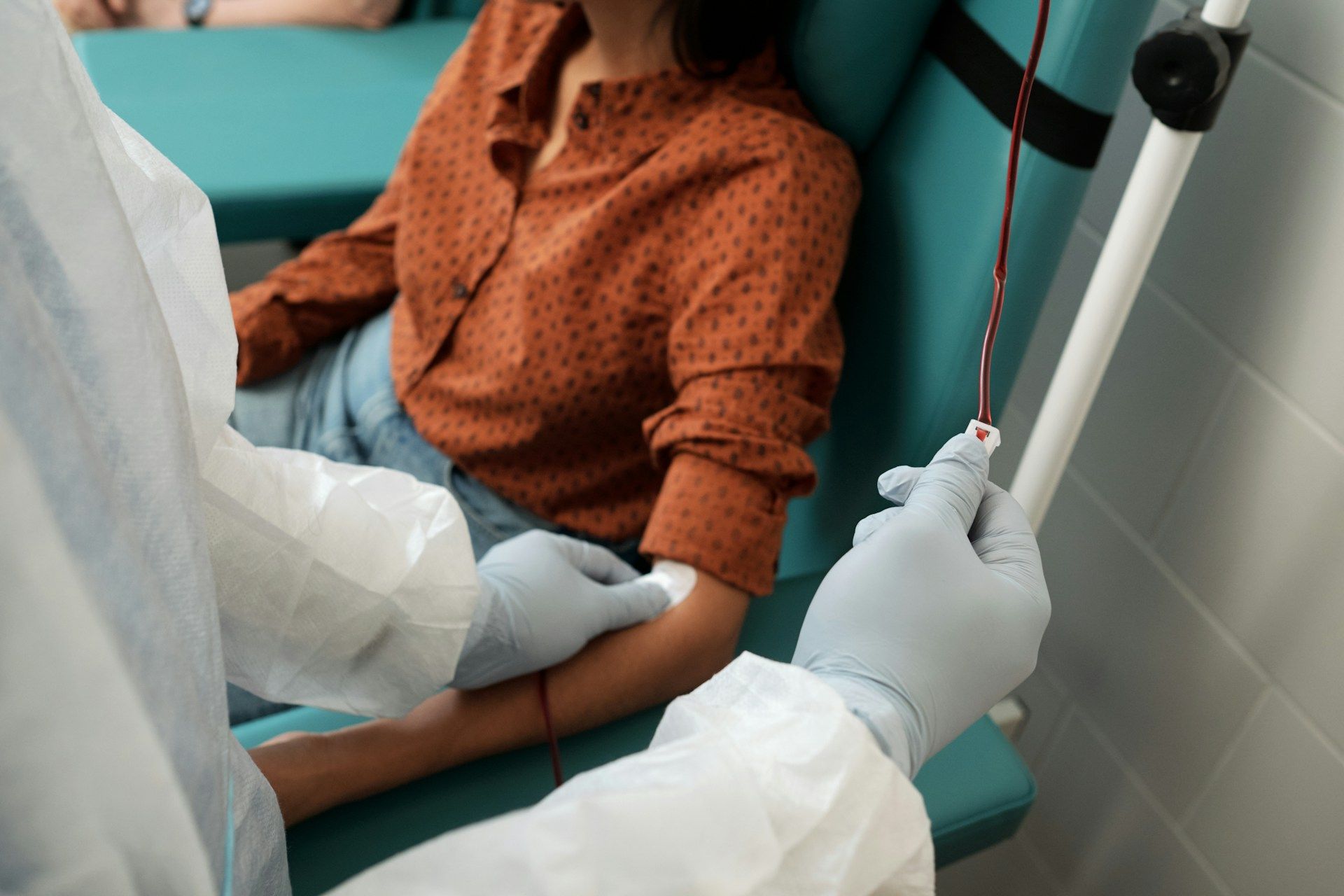Medication Management for Diabetic Neuropathy
Diabetic neuropathy is a common complication of diabetes that affects the nerves. It often leads to pain, numbness, and discomfort, especially in the hands and feet. This condition can significantly impact daily life, making it difficult to perform simple tasks or enjoy favorite activities. Understanding how diabetic neuropathy develops and its effects is crucial for effective management.
Timely identification and treatment play a vital role in minimizing the impacts of diabetic neuropathy. With a combination of medication and lifestyle adjustments, many patients find relief and improved function. Proper management not only addresses immediate symptoms but also helps prevent further complications.
Medication management is a key component in treating diabetic neuropathy. By balancing medications with healthy lifestyle changes, individuals can work towards a more comfortable and active life. Learning about the available treatment options and their potential benefits is the first step in taking control of diabetic neuropathy.
Understanding Diabetic Neuropathy and Its Impact
Diabetic neuropathy is a type of nerve damage that occurs in people with diabetes. It primarily affects the nerves in the extremities, such as the hands and feet. This condition can manifest in a variety of symptoms including tingling, burning pain, and loss of sensation. As the condition progresses, some patients may even experience muscle weakness and difficulty with coordination. These symptoms can interfere with daily activities and increase the risk of more severe injuries, due to the numbness and lack of sensitivity in the affected areas.
Complications of diabetic neuropathy extend beyond physical discomfort and may contribute to serious conditions such as foot ulcers and infections. If left untreated, these complications can lead to significant health issues, including amputations. Therefore, early detection and management of diabetic neuropathy are crucial for preventing these severe outcomes.
Healthcare providers emphasize the importance of routine screenings for individuals with diabetes. Regular monitoring can help identify early signs of nerve damage, allowing for timely intervention. Managing blood sugar levels effectively is one of the first steps in reducing the impact of neuropathy. Implementing good lifestyle choices, combined with medication, forms a comprehensive approach to managing this condition and enhancing patient quality of life.
Medication Options for Managing Diabetic Neuropathy
There are several medications commonly prescribed to manage the pain associated with diabetic neuropathy. While these medications do not cure the condition, they can provide significant relief from discomfort. The primary categories of medications include anticonvulsants, antidepressants, pain relievers, and topical treatments.
- Anticonvulsants: Medications like pregabalin and gabapentin help soothe nerve pain by stabilizing electrical activity in the brain.
- Antidepressants: Drugs such as duloxetine and amitriptyline not only treat depression but also relieve neuropathic pain by affecting neurotransmitters in the brain.
- Pain Relievers: Over-the-counter options like acetaminophen or more potent prescription options are used to alleviate moderate to severe pain.
- Topical Treatments: Creams and patches containing lidocaine provide localized pain relief without systemic side effects.
Each medication type has its pros and cons. For example, antidepressants may cause side effects like dry mouth and dizziness, while anticonvulsants might lead to weight gain or sleepiness. It is essential for patients to work closely with healthcare providers to choose the best medication plan. This collaboration helps balance pain management with minimal side effects, supporting a strategy that enhances the patient’s daily living.
Medication forms the backbone of pain management plans for diabetic neuropathy, but it is most effective when combined with lifestyle adjustments. By understanding the available options and how they work, patients and providers can develop personalized plans that offer hope and relief from chronic pain.
Integrating Medication with Lifestyle Changes
Combining medication with lifestyle changes can greatly improve management of diabetic neuropathy. Medications can reduce pain and discomfort, but adding healthy habits supports overall well-being and enhances the effects of treatment. Lifestyle adjustments can address the root issues affecting neuropathy.
Several practical lifestyle changes can complement medication:
- Dietary Adjustments: Maintaining a balanced diet helps manage blood sugar levels. Focus on whole grains, fruits, vegetables, and lean proteins to nourish the body and prevent spikes in blood glucose.
- Regular Exercise: Physical activity promotes circulation and nerve health. Activities like walking, swimming, or cycling can strengthen muscles and reduce pain.
- Stress Management: Techniques like yoga, meditation, or deep breathing exercises help manage stress, which can otherwise worsen symptoms.
Self-care practices are crucial, including checking feet daily for injuries, wearing comfortable shoes, and keeping skin moisturized. A holistic approach involves combining all these elements to manage diabetic neuropathy effectively. Through careful daily management, patients can experience improved health and reduced symptom severity.
Advanced Interventional Strategies in Pain Management
Advanced interventional techniques offer additional options for those struggling with diabetic neuropathy pain. These methods go beyond traditional medication and lifestyle changes and can provide targeted relief.
- Nerve Blocks: This method involves injecting medication directly around nerves to block pain signals. It can offer significant relief for those experiencing severe discomfort.
- Spinal Cord Stimulation: Devices implanted under the skin deliver electrical pulses to interrupt pain signals, offering an innovative solution for chronic pain sufferers.
Regenerative medicine, such as Platelet-Rich Plasma (PRP) therapy, shows promise in promoting healing and reducing inflammation. PRP involves using a patient’s blood components to stimulate nerve repair.
These advanced strategies can be crucial for patients who have not found relief through other means. Consulting with a pain management specialist can help determine the most suitable treatments for individual needs.
Conclusion
Managing diabetic neuropathy requires a comprehensive approach that includes medication, lifestyle changes, and advanced interventional strategies. By understanding the condition and the available treatments, patients can take proactive steps to control their symptoms and improve their quality of life. Early identification and consistent management play vital roles in preventing complications and maintaining independence.
A holistic approach, which includes monitoring blood sugar levels, exercising regularly, and considering advanced medical options, helps address the multifaceted nature of diabetic neuropathy. Patients should work closely with healthcare professionals to tailor their treatment plans. Each person’s needs differ, and a personalized strategy can make a significant difference in treatment outcomes.
To better manage diabetic neuropathy and explore treatment options tailored to your needs, contact Apollo Spine and Pain Center today. Our team is ready to help you find solutions that fit your lifestyle and improve your well-being, guiding you towards a pain-free life. Contact us today to take the first step toward effective
pain management.












